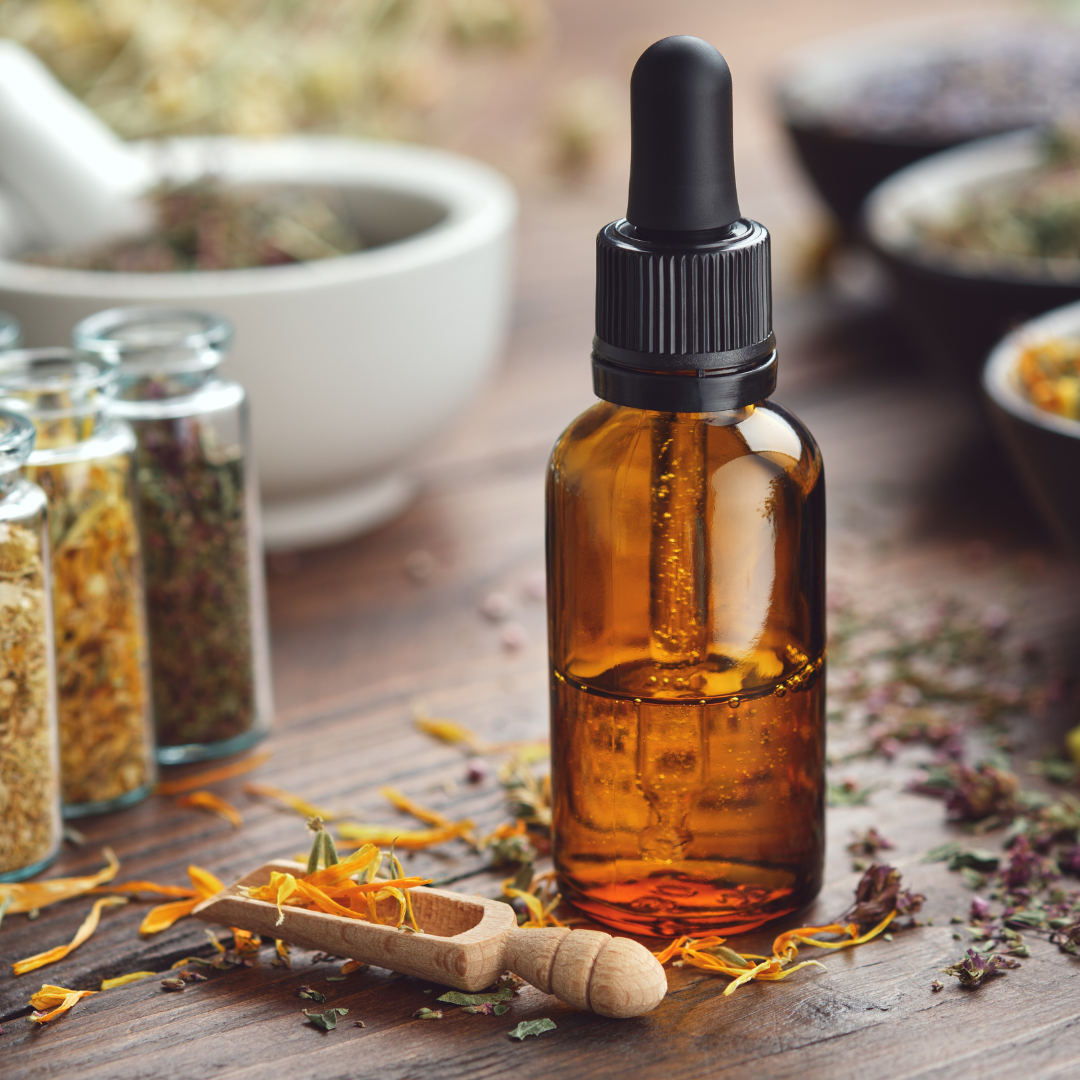

Leaky Gut Protocol
When supporting the healing of leaky gut, the first step is to gently remove the common irritants that contribute to inflammation and intestinal permeability. This means letting go of gluten, dairy, refined sugars, processed foods, seed oils like canola or soy, and alcohol. For some folks, even grains and legumes may need to be paused while the gut is healing. I always remind my students and clients that this isn’t about restriction—it’s about giving the body space and time to restore itself.
Leaky Gut Supplements
Once we’ve cleared the major triggers, we begin the work of repairing and rebuilding. I love starting with nourishing foods like homemade bone broth, rich in collagen, amino acids, and minerals. It’s like a daily herbal hug for your gut. Adding L-glutamine (an amino acid) can help rebuild the gut lining, while omega-3 fatty acids from fish oil or flax can soothe inflammation. Zinc and vitamin D play important roles in tissue repair and immune balance, so they’re worth considering, especially if levels are low.
Leaky Gut Herbs
Herbs are a great way to offer support for the healing of a leaky gut. Slippery elm and marshmallow root are two of my favorites—they’re mucilaginous, meaning they coat and soothe the intestinal lining. You can use them as teas, powders, or tinctures. Licorice root, especially the deglycyrrhizinated (DGL) kind, is wonderful for calming gut irritation, and inner leaf aloe vera juice can offer gentle, soothing relief when used in small doses. These herbs act as protectors and comforters for the digestive tract—soft, supportive medicine at its finest.
Microbiome
We also need to care for the gut microbiome. Fermented foods like sauerkraut, coconut yogurt, and kimchi can reintroduce good bacteria, while prebiotic foods like cooked onions, garlic, and green banana flour can feed those microbes—if they’re tolerated. A high-quality probiotic with diverse strains may also be beneficial, especially in the early stages of healing from leaky gut.
Stress and Leaky Gut
And, of course, we can’t overlook the role of stress. Chronic stress keeps the body in a fight-or-flight state, which impairs digestion and healing. Simple rituals like sipping chamomile or lemon balm tea, practicing deep breathing before meals, using herbal bitters to prepare digestion, and getting good sleep can all make a meaningful difference. These daily habits—herbs, food, rest, breath—are the foundation for healing.
Healing the gut takes time, but it’s absolutely possible with consistency and care. Be gentle with yourself, listen to your body, and let your food and herbs be your medicine.
Disclaimer
Disclaimer Blog
The information presented on the Heart of Herbs Herbal School/Demetria Clark websites is for educational purposes only. Heart of Herbs Herbal School/Demetria Clark Education LLC makes neither medical claims nor intends to diagnose or treat medical conditions. Links to external sites are for informational purposes only. Heart of Herbs Herbal School/Demetria Clark neither endorses them nor is in any way responsible for their content. Readers must do their own research regarding the safety and usage of any herbs, recipes, or supplements.
Affiliate Disclosure
Some posts contain affiliate links. When you click on these and make a purchase the cost is the same for you, but we earn a small commission that helps me to provide scholarships to students. We only promote products that we know our clients have liked themselves.
Heart of Herbs Herbal School is a Amazon affiliate. As an Amazon Associate, we earn from qualifying purchases.

